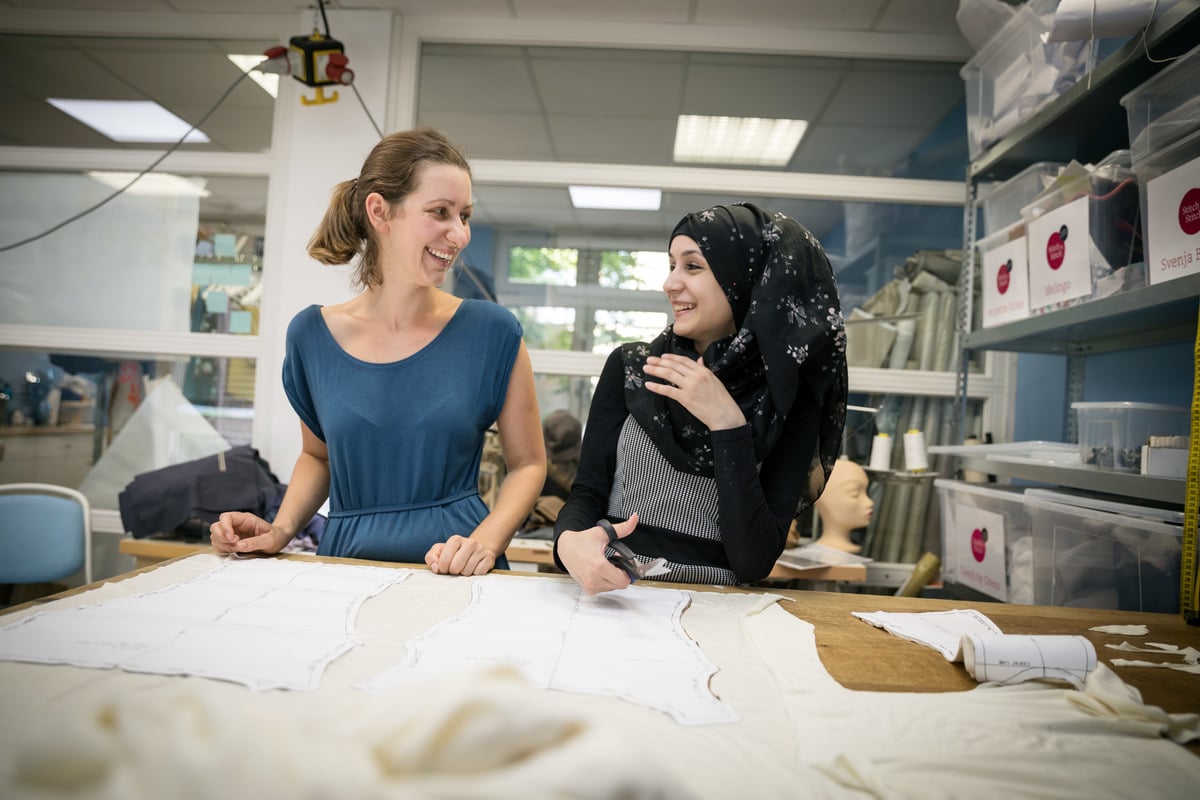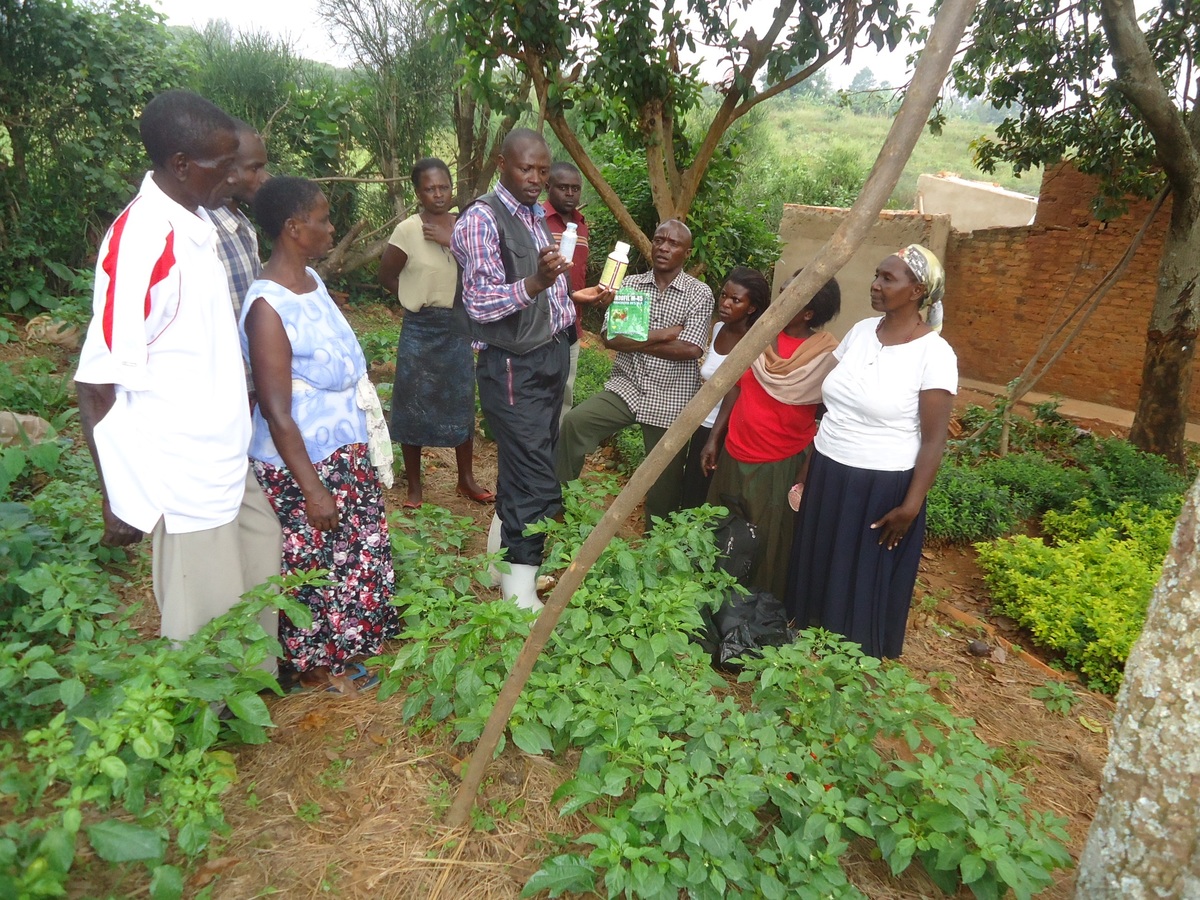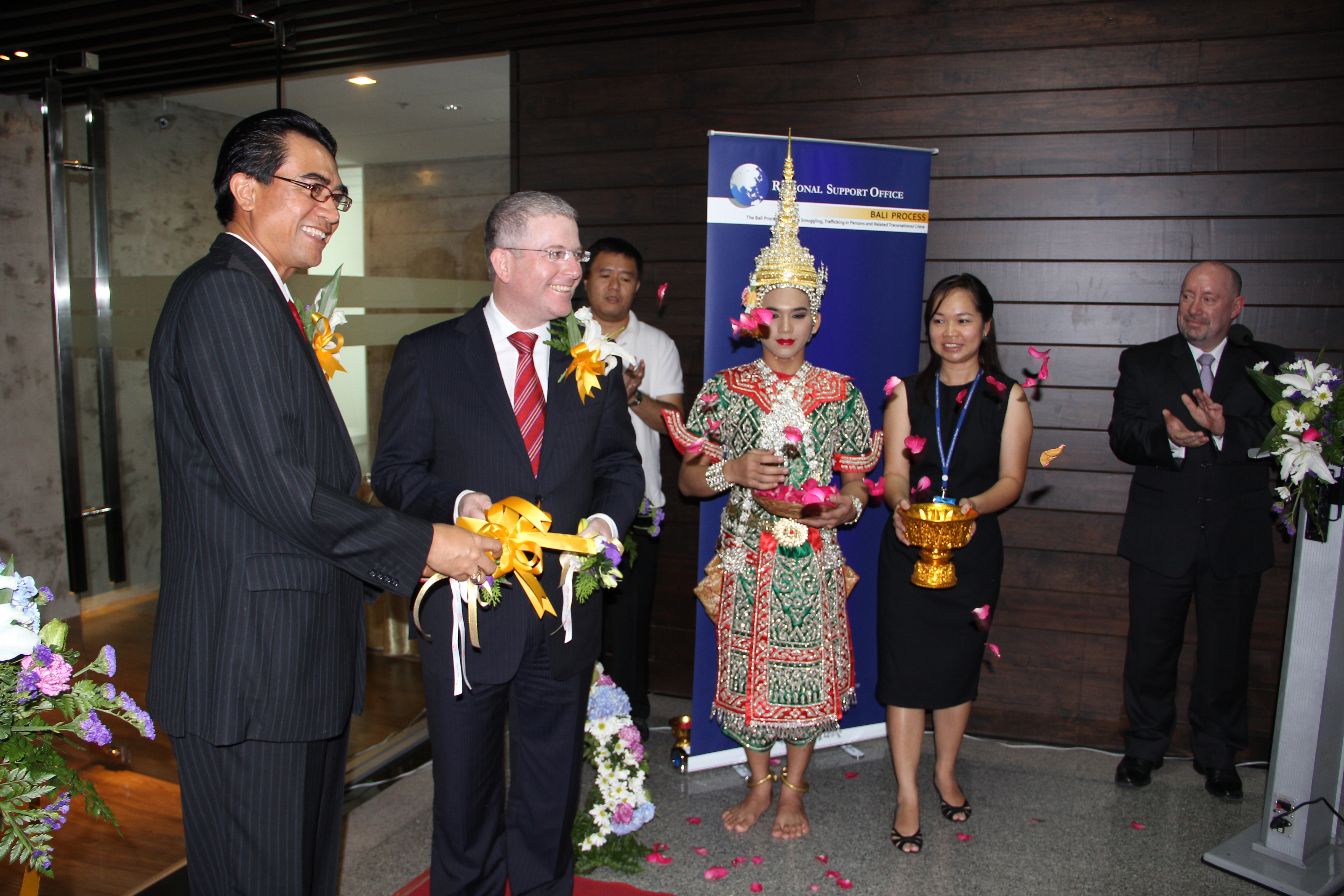Training helps Venezuela's journalists push back frontiers on refugee issues
Training helps Venezuela's journalists push back frontiers on refugee issues

MARACAIBO, Venezuela, Nov 13 (UNHCR) - Reports about Colombians crossing into Venezuela and other cross-border issues are the mainstay of the work of journalists covering one of the most dynamic land borders in Latin America.
Recognising that the media play a fundamental role in drawing attention to the plight of refugees and asylum seekers, as well as in creating understanding and solidarity towards them, UNHCR, together with the British Embassy in Caracas, recently carried out a training programme that sought to improve journalistic standards and promote accurate and informative coverage of refugee issues by the Venezuelan news media.
"By accurately and objectively informing the public about why refugees have to leave their homes and about their protection needs, journalists can play a key role in the promotion and dissemination of refugee rights," said UNHCR Regional Representative Virginia Trimarco at the programme's closing ceremony in the city of Maracaibo last Sunday, November 9.
The training programme was divided into three separate stages and carried out over a six-month period. Over 70 television, radio and print journalists and community reporters from cities and towns along the 2,219 km-long border took part. On Sunday the participants' final projects - special TV, radio and print reports on the plight of refugee children in Venezuela - were presented and evaluated. The best projects received a prize.
"We are proud to be sponsoring this campaign for the prevention of conflict and promotion of tolerance and solidarity on the Venezuelan border with Colombia," said Catherine Weiss of the British Embassy. "For the United Kingdom government, human rights are at the core of our foreign policy and we view refugee rights as a priority."
The training modules, presented by experts in refugee law and distinguished international journalists from the BBC World Service, The Economist and the Colombian newspapers, El Espectador and El Tiempo, provided participants with knowledge about human rights and refugee law. They also outlined new developments in Venezuela's asylum policy, such as the establishment of the National Refugee Commission.
The programme included practical exercises and constant monitoring and evaluation of the participants' regular output as journalists. This provided an opportunity for the facilitators to give continuous feedback to the participants regarding their progress.
"The principal challenge was to try to fulfil everybody's expectations," said José Baig, correspondent of the BBC World Service in Argentina and the programme's main facilitator. "It was an exercise in tolerance and in debating. We all received feedback about our work. This was very instructive and gratifying."
"It was very important to have a respected journalist such as José as the main facilitator," said Fabiola Zerpa, a participant from the Caracas daily, El Nacional. "The training course helped us to reinforce standards and improve journalistic practice and to get to know other colleagues working on the same topics. We have now created important links with other journalists working at the border."
Indeed, one of the main results of the programme was the creation of a network of Venezuelan journalists working on border issues. Members of the network will meet regularly, exchange information, create a database of journalists, continue to provide professional training and strive to maintain high standards.
In such an extended and fluid border as the one between Venezuela and Colombia, to share information about relevant events taking place on either side is crucial for the work of both journalists and UNHCR. At the same time, people who cross the border to seek protection can benefit if the world receives more and better information about their situation.









